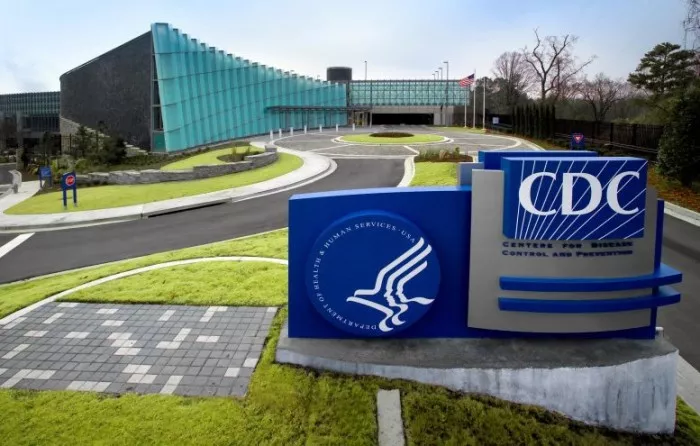CDC said that at least two variants of monkeypox virus with different genes spread in the United States, and 36000 doses of vaccine are being distributed to high-risk groups. Monkeypox is still fermenting around the world. According to the Centers for Disease Control and Prevention (CDC), as of Monday, a total of 1019 confirmed and suspected cases of monkeypox had been reported in 29 countries around the world. The UK reported the largest number of cases, including 302 confirmed and suspected cases, followed by Spain (198 cases), Portugal (153 cases) and Canada (80 cases).

In response, the CDC raised the warning level to level 2 on Monday, encouraging people to "strengthen preventive measures" to curb the development of the epidemic.
At present, although the public health agency said that the risk of infection faced by the public is still very low, the purpose of raising the warning level is to encourage people to avoid close contact with patients, including patients with skin or genital lesions, and sick or dead animals.
The agency also urges patients with viral symptoms such as unexplained rashes or lesions to avoid contact with others and contact medical institutions for help.
CDC initially suggested that travelers wear masks on its website to prevent monkeypox from spreading, but later deleted it.
The article on Wall Street explained earlier that monkeypox is a disease caused by monkeypox virus infection. It is closely related to the smallpox virus that has been eradicated. It is a zoonotic virus. The incubation period of monkeypox can reach 5-21 days, and its infection symptoms generally include skin rash, fever, headache, muscle pain, swelling and low back pain. Monkeypox is usually a self limiting disease, which means that patients will recover without treatment. The symptoms usually last 14-21 days.
It is usually prevalent in central and West African countries, but the recent outbreaks in North America, Europe and Australia have confused health experts and raised concerns about its spread in the community.
Relevant experts have been looking for the source of the epidemic. Historically, this is related to travel to monkeypox endemic countries.
The technical director of monkeypox of the World Health Organization said on Wednesday that the virus may have spread "for weeks, months or possibly years" in non epidemic countries and has not been found.
CDC: at least two variants of monkeypox virus with different genes spread in the United States
Recently, the outbreak of monkeypox was considered to be originated from the West African variant of the virus strain, which caused relatively mild symptoms and a mortality rate of about 1%
However, the CDC said on Friday that at least two variants of monkeypox virus with different genes have spread in the United States.
Jennifer mcquiston, deputy director of CDC high risk pathogen and pathology department, analyzed the two variants at the press conference on Friday:
Although they are similar to each other, genetic analysis shows that there is no connection between them.
Mcquiston mentioned that the variants of the two strains are likely to be produced under different circumstances, first from animals to humans in Africa, and then from humans to humans.
Related to climate change?
Eyal Leshem, an infectious disease expert at Sheba Medical Center in Israel, said in an interview with the media on Monday that in view of the high frequency and convenience of international travel and the increased contact between people and animals, it is not surprising that the virus has spread to non epidemic countries.
Leshem said:
Local diseases can now more easily cross countries and continents... At the same time, the contact between people and animals has also increased. As climate change forces animals to have more contact with humans, the disease will occur more frequently.
Europe and the United States begin to distribute vaccines
At present, most monkeypox cases are only mild and can usually be cured within two to four weeks. However, the United States still said on Monday that 36000 doses of vaccine were being distributed to high-risk groups exposed to the virus. In addition, some European countries, including Britain and Spain, have announced similar measures to prevent the spread of the virus.
Moreover, according to the CDC, although so far, most monkeypox cases are caused by sexual infection, especially male behavior, monkeypox is not considered a sexually transmitted disease.